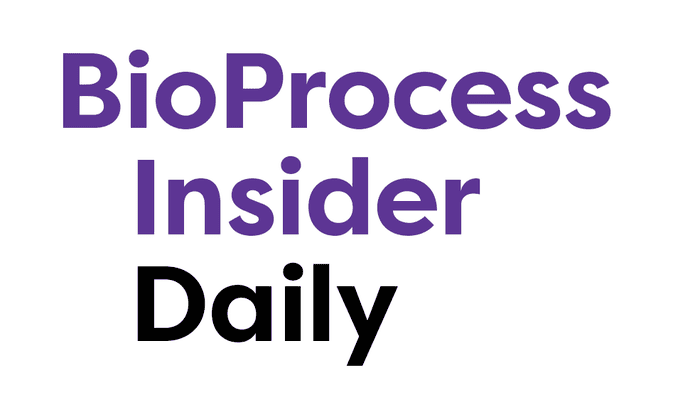
Our BioProcess Insider editorial team is at BPI Europe 2024 to bring you some of the most pertinent coverage from across the conference hall and exhibition floor here in Vienna.
Follow our coverage throughout the event!
CDMO selection: Startups need patience, humility, and good faith
With limited assets, startups must rely on CDMO partners. And working with the right ones is imperative even if it comes with a cost.

Alain Bernard, general manager at consulting firm BPAC, spoke today at BioProcess International Europe in Vienna, Austria about key considerations that enable biotech startups to form and maintain successful partnerships with contract development manufacturing organizations (CDMOs).
He said that the number of first-time biotechnology launches is rising globally, with startup companies matching the efficiency of big pharmaceutical companies, having launched 16 new products in 2020–2021.
But forming a startup can be physically draining, emotionally taxing, and endlessly nerve-wracking. Startup organizations often lack critical resources for developing, testing, and manufacturing therapeutics. Most have limited equipment, few assets, and no laboratories. Some are restricted to performing their work in small spaces with a laptop, a cell phone, and sometimes a desk and office chair. They can’t rely on their internal structure to develop products.
Such companies rely on robust networking strategies and their superior agility to secure funds from public and private investors and get their projects off the ground. Their survival often relies on the launch and success of a single product, with massive restructuring serving as a best-case scenario in the face of failure. And so choosing the right CDMO partner is of paramount importance.
Bernard emphasized the key factors that startups should consider before investing in a CDMO partnership. He said although cost is a concern for new organizations with few resources, it is wise to avoid risk and collaborate with experienced CDMOs, even if when doing so requires more financial investment.
The best CDMO partners have strong portfolios and track records that speak to their reliability, timeliness, and skill at navigating regulatory matters. Nevertheless, working with a CDMO can be daunting, because doing so surrenders autonomy. “Your product is in the hands of very capable people, but they’re thousands of kilometers away,” Bernard said. Thus, it is important for sponsors to find trustworthy partners that are open to consistent communication and collaboration.
Although sponsors can mitigate risks by researching a CDMO and avoiding assumptions about an organization’s specific competencies, it is impossible to eliminate risk entirely. Sponsors should anticipate problems and prepare to adjust to unexpected drawbacks. They should convince stakeholders to invest in future activities and maintain contingency plans for when timelines are compromised or if rework is required. Patience, humility, and relationships built on good-faith communications can help navigate contentious situations.
But by preparing for the future and building trust, startups and CDMOs can achieve success together.
About the Author
You May Also Like







